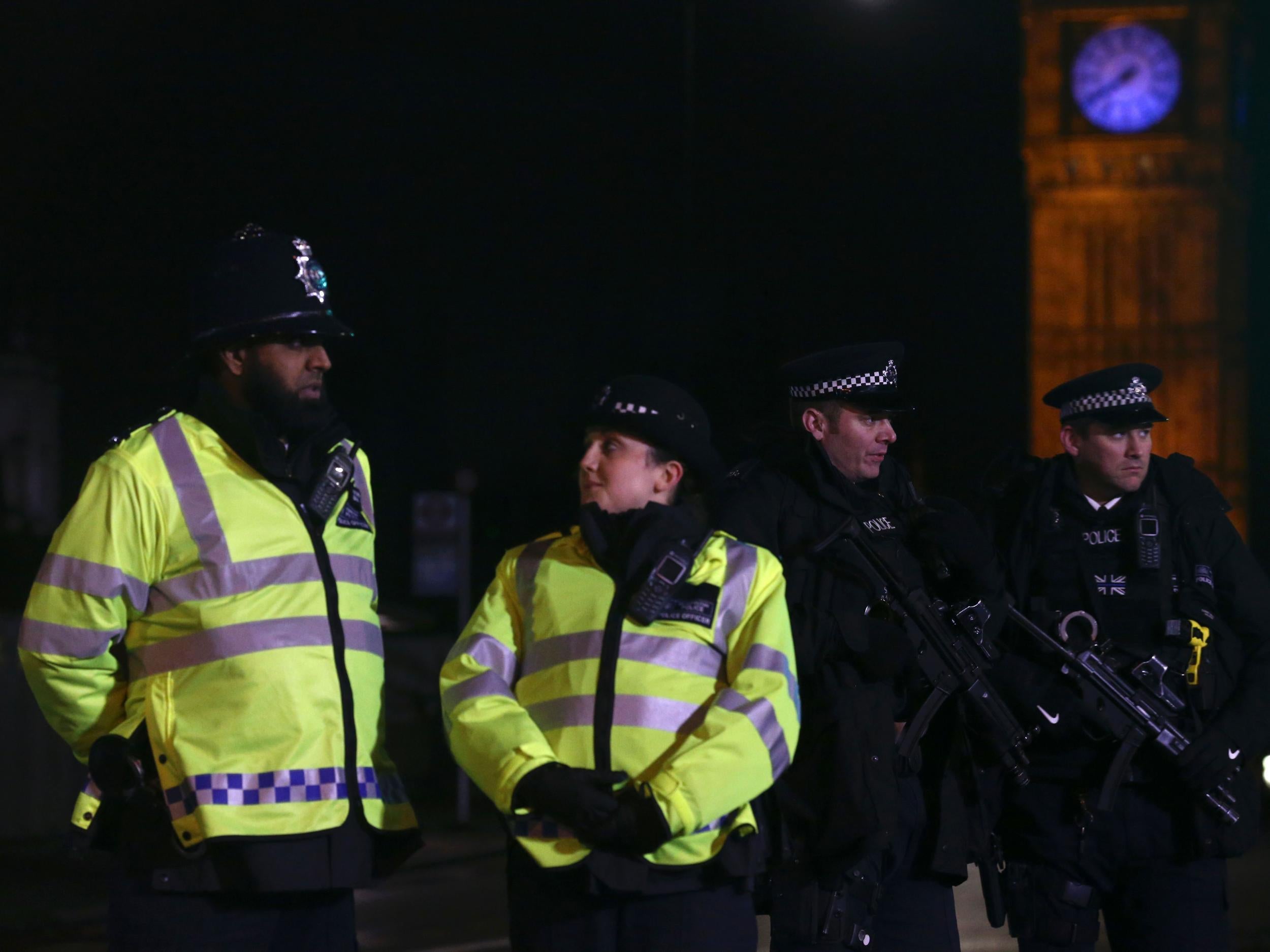UK police forces recruit disproportionately high number of white people
The Home Secretary, Theresa May, pointed out that four forces, Cheshire, North Yorkshire, Durham and Dyfed-Powys did not have any black officers

White people appear to have a better chance of joining the police than someone from an ethnic minority in more than 68 per cent of the UK’s forces, according to a report.
According to figures released to the Guardian under the Freedom of Information Act, 31 of 45 police forces recruit a higher proportion of white people than those from a black and minority ethnic (BAME) background.
And 39 out of the 45 forces recruit a lower proportion of BAME people compared to the populations of the areas they serve.
The figures were revealed after the Home Secretary, Theresa May, criticised the police for failing to employ people from ethnic minorities, pointing out that four forces, Cheshire, North Yorkshire, Durham and Dyfed-Powys did not have any black officers.
The Metropolitan Police was among the forces least likely to employ a BAME applicant. While they made up 28.1 per cent of applications, they represented only 17 per cent of appointments.
Janet Hills, president of the National Black Police Association (NBPA), said action was needed to address the problem.
“It is unfortunate because everyone will talk the talk but, when it comes to the action, that is not so visible,” she told the Guardian.
“On the national level, you have got fewer forces recruiting, you have got the legacy of the community engagement, so there are the trust and confidence issues instilled in communities.
“One example is stop and search. Nationally, it is disproportionately more BAME people being stopped. So, ultimately, just on that alone, you are not making friends.”
Chief Constable Giles York, of the National Police Chiefs Council, said that if forces reflected their local communities it would help build trust and said the situation was improving.
“The rate of officer recruitment from black and minority ethnic communities is increasing. It has risen from 3.6 per cent in 2006 to 5.5 per cent in 2015. Forces have encouraged more BAME people to join the police,” he told the paper.
However Mr York admitted there was “much more to do”.
“With reduced budgets constraining recruitment, it is difficult to move at the pace we need to,” he said.
“Police chiefs are committed to continuing to do everything they can to increase diversity in the service, working with the College of Policing, but there are no quick or easy solutions within current legislation.”
A newly appointed BAME officer, who did not want to be identified, told the newspaper: “It took me a while to make the decision, purely because I did not think I would be successful.
“One friend to whom I mentioned the idea of joining the police force ruled out my chances of being accepted because I am a first generation immigrant.
“You feel like you are different because there is a culture in the police service that I do not think is tailored for diversity. It is not a deliberate structure, but it is probably because there have not been a lot of BAME people joining.
“Sometimes, I feel like I am alone. I sit among all of these officers and I am the only person from a BAME background. Nevertheless, my force has done well in making it easier for people to join.”
Subscribe to Independent Premium to bookmark this article
Want to bookmark your favourite articles and stories to read or reference later? Start your Independent Premium subscription today.

Join our commenting forum
Join thought-provoking conversations, follow other Independent readers and see their replies